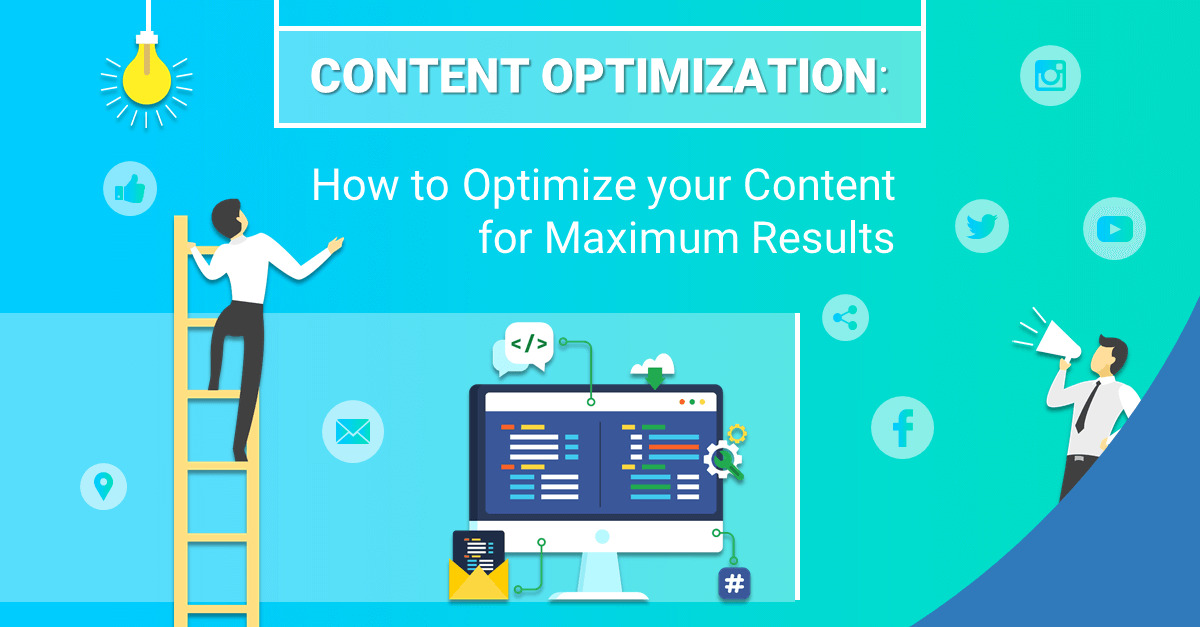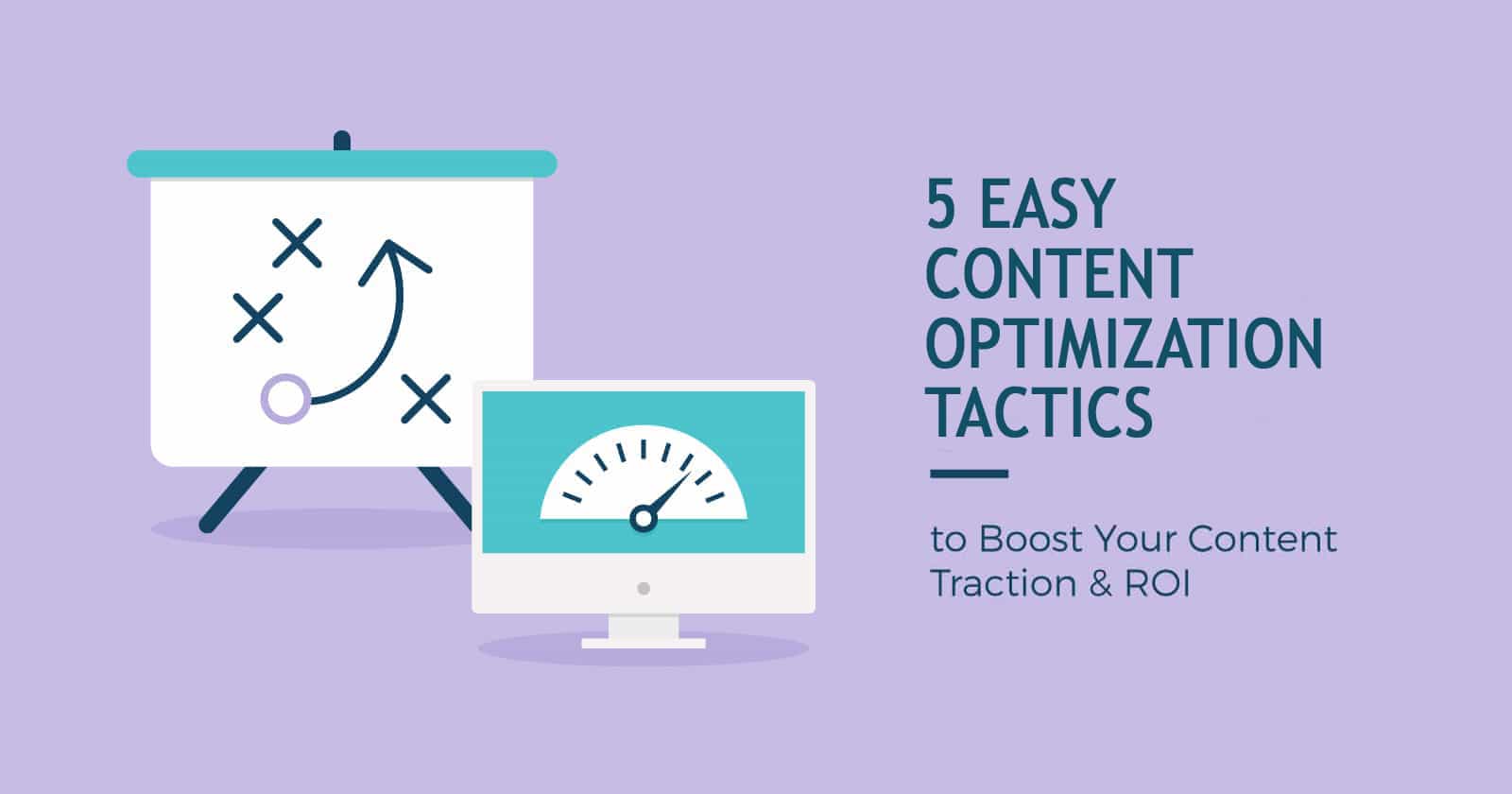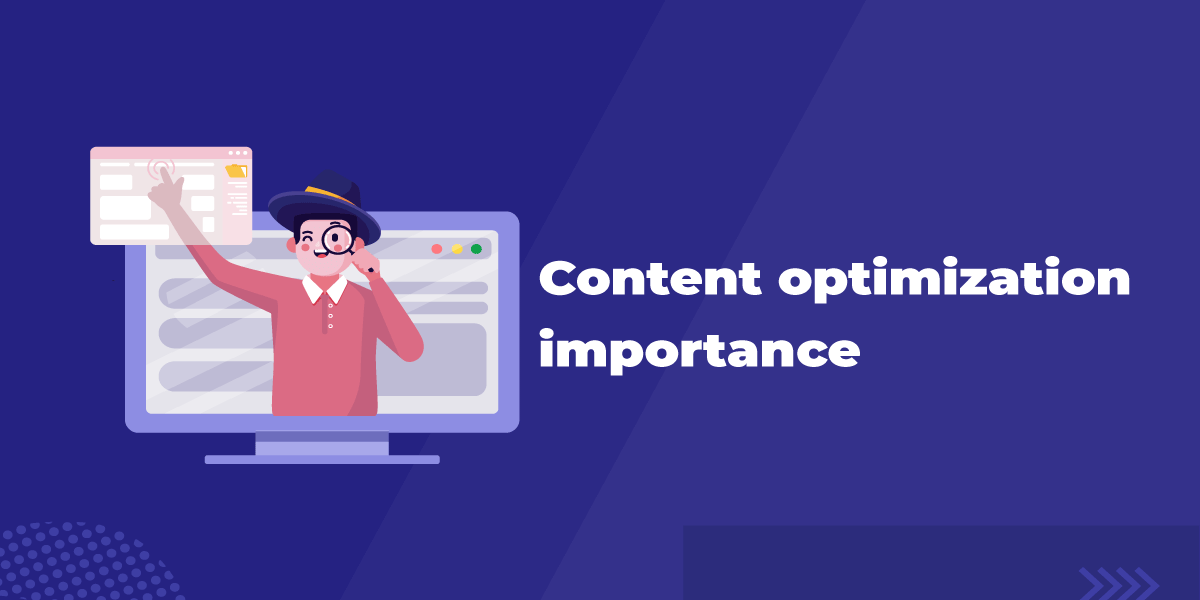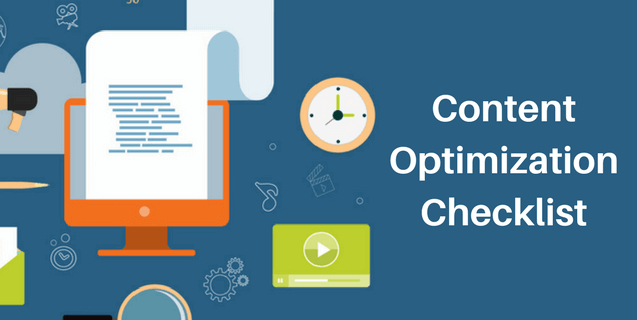These are the best Content Optimization Techniques
Do you want to learn about content optimization techniques for your website?
As a result, you probably also are aware of how crucially vital the content on your website or blog is to your marketing efforts, and you may even be making a concerted effort to constantly produce flawless content. Unfortunately, even the most detailed content will be meaningless if a search engine cannot find it. Refer to the following content optimization techniques for advice on how to make your content as effective as possible.
No matter how big or little your company is, if you’re the owner, you know how crucial brand marketing is. Successful marketing increases sales and profits by retaining existing customers and gaining new ones.
What is Content Optimization
Content optimization involves making your website’s pages more user- and search engine-friendly in order to increase clicks, conversions, and organic rankings from Google search results. The goal of content optimization is to produce content that reaches as many members of the target audience as possible. By adopting a variety of content optimization techniques to reach huge audiences with their marketing message, businesses can improve sales.

You need to know how to optimize the information you post on your website or social media platforms, even if your business is not focused on content marketing.
The reach and response you get from your audience can be greatly affected by making a few simple modifications to the way your content is written and distributed.
Search engine optimization for your website as a whole is different from content optimization. The SEO of your website will be influenced by the responsiveness of your web design, the navigational simplicity of your web pages, and the visual branding applied to your website and any additional landing pages.
The Difference Between Content and Optimization
First of all, it’s important to realize that there is a significant distinction between content and optimization, and that each phrase pertains to and appeals to two completely different audiences. For instance, content is written with readers in mind; excellent content will draw readers, hold their attention, and persuade them to buy your goods or service. Contrarily, optimization is more focused on the computers, or search engine robots, who use your content to raise your SEO rating and has less to do with readers. Because of this, poorly optimized information may pass past a search engine undiscovered and unread by the general public.

Benefits of content optimization
You’ll gain from any enhancements you make to your website.
SEO – Higher search engine rankings thanks.
Traffic – Improved results bring about an increase in organic search traffic.
Trust – Users and Google are more likely to trust you.
Save money & time – Instead of starting from scratch or revamping your entire website, consider updating and republishing current content.
Content that is future-proof – Consistently boosting your content will provide you organic traffic and conversions for years to come.
Why do you need content optimization techniques
The bottom line is that anyone who consistently publishes content requires a strong strategy to beat their competitors by fixing and enhancing their website.
Therefore, the window of opportunity for strategic content marketers using optimized content is wide open.
Consider the ensuing tactics as the entrees on a restaurant menu. You cannot sample every main meal at once, pick the one you like, and then try a different one the following time you are there.
Here we are sharing content optimization techniques, you should definitely follow these.

1. Create a Detailed Site Description
This is frequently not taken into account. Making your website discoverable to the right audience in search engines depends on its description. Make sure the description of your website accurately describes the services your business offers.
2. Create Eye-catching Meta Descriptions
Meta descriptions, which show up in search engine results directly below the page title, are condensed representations of your website’s content. Your website’s pages must each have their own unique meta description. This is one of the approaches used for your website’s content optimization. A web page’s meta description helps readers in deciding whether or not to open the page and read the whole content posted on it. As a result, it is not a good idea to make your meta description the first line of your page. One of the most successful content optimization techniques is to summarize all of the text on the web page in your meta description.
3. Create Catchy Headlines
Sometimes, a web page’s headlines can be more significant than its actual content. The headings should contain pertinent keywords and be formatted correctly as the page’s H1 heading. Although it can seem like a small task, it has a big impact on your content optimization strategies. Utilizing the precise core keyword you found for your subject in the primary title is the best and most SEO-friendly way to design a headline.

4. Optimize Images
Customers spend just as much time looking for images as they do for text because people enjoy graphics. Therefore, make sure you’re current by optimizing every image in your content. To guarantee that all of your photos load and display properly, add alt tags, which act as alternate text, use image tags, which are the words that show up when a user scrolls over an image, and make sure the file size of your images has been properly adjusted.
5. Optimize Videos
The reader’s attention is captured and held during videos, much like it is with photos, strong headlines, other visuals, and/or vivid colors. You can use websites like YouTube to obtain excellent footage that you can incorporate into your website if you don’t have any videos of your own to offer. Utilize relevant keywords consistently in the titles, descriptions, and tags; post videos to social media platforms; and use videos as a call to action or as a way to other sales-generating strategies.
Conclusion
In conclusion, content optimization entails making sure that search engines comprehend what your business is all about. Because otherwise they won’t be able to assist search engine users in finding you. You can help search engines understand what your content—and, by implication. Your business—is all about by optimizing it by including crucial information. After that, they will be able to direct consumers to your website directly by giving it a higher rating than other websites.

